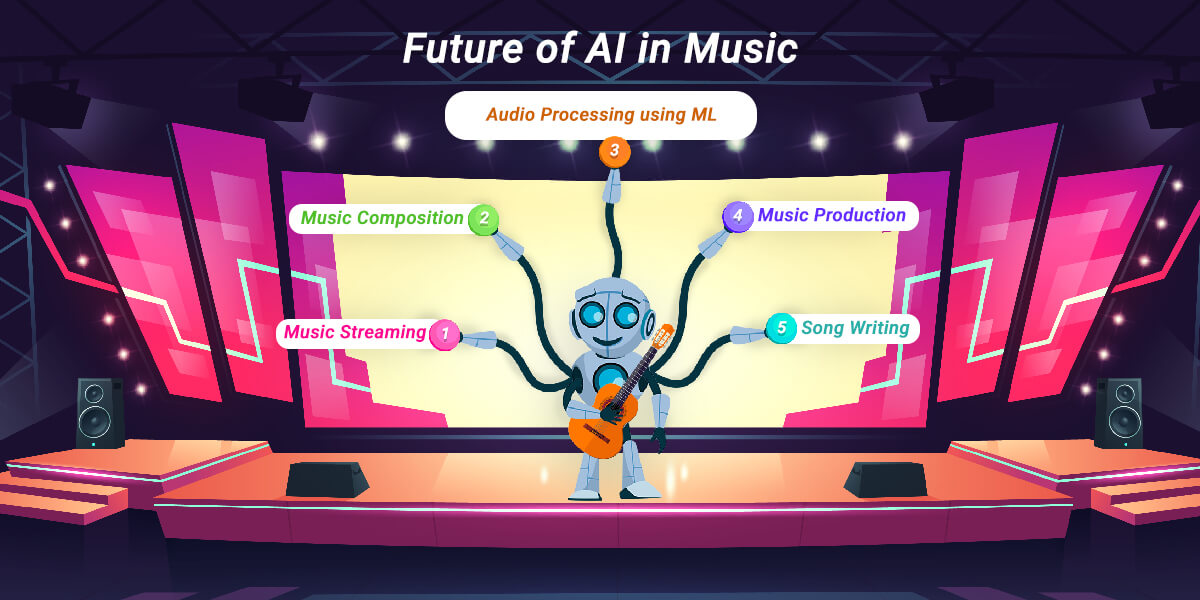Gaming: A Dynamic Intersection of Entertainment, Education, and Social Connection
Gaming has transcended its traditional role as mere entertainment to become a dynamic force that influences various aspects of modern life. From fostering social connections to enhancing cognitive skills and even contributing to economic growth, the impact of gaming is far-reaching and multifaceted. In this article, we will explore the diverse facets of gaming and its significance in contemporary society.
At its core, gaming provides individuals with a means tikus 4d of entertainment and escapism. Whether through immersive video games, engaging board games, or interactive mobile apps, gaming offers a diverse range of experiences that cater to different interests and preferences. From thrilling adventures to relaxing puzzles, games provide a break from the monotony of daily life and allow players to explore new worlds and narratives.
Beyond entertainment, gaming also holds educational value. Educational games are specifically designed to teach various subjects and skills in an engaging and interactive manner. These games can cover a wide range of topics, from math and science to history and language arts. By combining learning objectives with gameplay mechanics, educational games make learning fun and accessible, appealing to learners of all ages and abilities.
Moreover, gaming serves as a powerful tool for social connection and community building. Multiplayer online games enable players to connect and collaborate with others from around the world, forming friendships and alliances in virtual worlds. Gaming communities and forums provide platforms for players to share experiences, strategies, and tips, fostering a sense of camaraderie and belonging among players with shared interests.
In addition to its social and educational benefits, gaming also contributes to economic growth and innovation. The gaming industry has become a significant economic force, generating billions of dollars in revenue each year. From game development and publishing to esports tournaments and streaming platforms, gaming has created a wide range of job opportunities and economic activities. Moreover, gaming drives technological innovation, pushing the boundaries of graphics, gameplay mechanics, and virtual reality experiences.
Furthermore, gaming has emerged as a cultural phenomenon that influences various aspects of popular culture. Iconic video game characters and franchises have become cultural icons, transcending the gaming world to become part of mainstream culture. Gaming conventions and events draw thousands of enthusiasts each year, celebrating the creativity and diversity of the gaming community. Additionally, gaming has inspired a wide range of artistic expressions, from fan art and cosplay to music and literature.
In conclusion, gaming is a dynamic and multifaceted phenomenon that impacts various aspects of contemporary society. From providing entertainment and educational opportunities to fostering social connections and driving economic growth, gaming has become an integral part of modern life. As technology continues to evolve and the gaming industry expands, it is essential to recognize and appreciate the diverse contributions of gaming to individuals and communities worldwide. Whether playing for leisure, learning, or socializing, gaming has become an essential aspect of the human experience in the digital age.…

